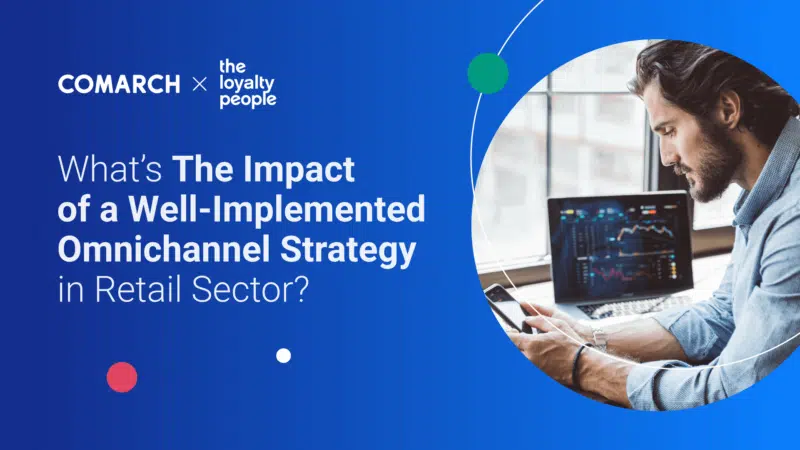
Imagine walking into a hotel room and discovering a personalized note next to a plate of your favorite food. Opening the note reveals information about hotel amenities and recommendations for local attractions aligned with your interests. It sounds like a dream scenario, doesn’t it?
Personalization plays a crucial role in various industries, particularly in hospitality. It empowers businesses to customize experiences and services based on individual customer needs and preferences, ultimately leading to heightened satisfaction and loyalty. Ready to explore how personalized approaches can enhance customer loyalty in the hospitality sector? Let’s delve into this captivating domain.
Understanding personalization in the hospitality industry
Personalization stands out as a growing trend in multiple sectors, with statistics revealing a significant uptick in its adoption. According to recent industry reports, the implementation of personalized approaches has increased by 30% across diverse business domains. This surge underscores the recognition of personalization’s pivotal role in enhancing customer experiences and fostering brand loyalty. In particular, the hospitality sector has witnessed a noteworthy 25% rise in incorporating personalized services and amenities, affirming its status as a frontrunner in embracing tailored experiences for patrons.
However, it’s crucial to approach personalization with care to address guest privacy concerns. Overusing or mishandling customer data may make some guests uncomfortable and discourage them from returning. Additionally, not all establishments may have the capacity to provide extensive personalization options, and some efforts might burden staff with increased workloads. Successful implementation of personalization often requires advanced technology and data analytics in the hospitality sector.
The Past and the future of personalization
The concept of personalization in marketing dates back to the 1990s. However, merely targeting customers based on manual segmentation or personalizing a message using their name is no longer sufficient. With technological advancements, particularly in machine learning (ML) techniques and the growing utilization of artificial intelligence (AI), marketing activities can now be highly individualized and personalized.
Machine learning collects three general types of data:
- Customer interaction: Data related to reservations, special requests or other interactions are valuable for the hospitality business.
- Product or service ratings: Beyond traditional reviews, tracking activity is crucial for personalization efforts.
- Customer demographics: Information like age group, location or preferred communication channel is the foundation for personalization marketing systems.
Strategies to personalize loyalty touchpoints in the hospitality sector
After gathering necessary data with ML or AI, the next step involves developing profiles to gain insights into individual preferences, behaviors and their relationship with your business. While customized communication is prevalent in today’s marketing strategies, it’s essential not to overlook it. Utilize customer preferences to suggest personalized dining options, activities or local experiences. The collected data can also inform the design of marketing campaigns aligned with individual customer profiles.
Tailored services, such as offering choices in bedding, room amenities, room temperature, lighting or entertainment based on past stay data, can significantly enhance the guest experience. Real-time personalization enables customizing a customer’s journey during their stay by suggesting local attractions or events—an omnichannel approach can be incredibly valuable here.
Personalize the survey after the stay to encourage completion and gather more data from your customers. Your communication should not end when your guest leaves the hotel or restaurant. Remind customers of your services and regularly update customer profiles to ensure ongoing customization. Adapt your strategies based on evolving market trends. All of this can be managed through a customer loyalty management program.
Leading loyalty programs recognize and celebrate important occasions, offering personalized offers, messages, decorations or small gifts based on individual users’ preferences, spending habits and interests.
An exemplary tool that facilitates the creation of unique personalization solutions perfect for the hospitality industry is the Comarch Loyalty Marketing Platform. This AI-powered loyalty platform is perfect for delivering personalized customer experiences across multiple touchpoints. It achieves this through four main pillars:
- Loyalty management: Design and launch engaging marketing campaigns for the hospitality sector.
- Data analytics: Easily personalize marketing campaigns and analyze them in a matter of seconds.
- Marketing automation: Building and visualizing customer journeys enables you to send the right message at the right time.
- Omnichannel marketing applications: A dedicated set of frontend apps that enhance customers’ interactions with loyalty programs.
The presented tools and additional features, such as gamification elements, fraud detection or a mobile app, help you build long-lasting customer relationships and, ultimately, lead to improved ROI.
Personalization in the hospitality sector: Conclusion
In today’s dynamic hospitality landscape, personalized experiences can elevate a good hotel stay to a great one. More and more consumers expect brands to understand their preferences and be thoughtful, driving the industry to give their guests what they crave. Tailoring services and creating the ideal experience are key ingredients in increasing customer loyalty. Leverage technologies such as ML or AI in your marketing efforts for personalization and create the trip of a lifetime.
If you want to learn more about trends in hospitality, download the “Hospitality Report 2023″ prepared by Comarch and The Loyalty People.
Source link : Searchengineland.com
